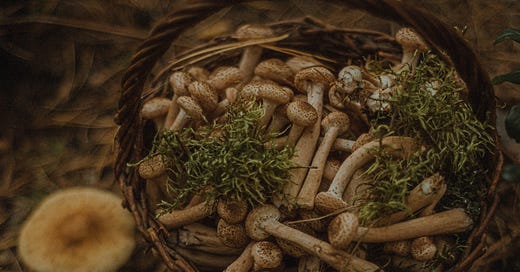Psychedelics & Relationships: Intimacy, Love and Beyond: An outsiders review
PhD candidate, Tommaso Barba and Sarah Tilley, Psychedelic-assisted therapist delivered an engaging talk all about psychedelics. Read on to learn about the fascinating uses of psychedelics!
Hosted by Seed Talks, the recent event was located in Market House, London. The experts delved into the history of psychedelics, from Merck patenting MDMA in 1913 to Timothy Leary’s advocacy of LSD in the 1960s, as well as the current use and properties of these so-called “love drugs”.
The talk began with the PhD candidate, Tommaso Barba, giving a basic introduction to psychedelics. He spoke about The Psychedelic Renaissance; followed by decades of prohibition, the burgeoning new wave of clinical psychedelic research is being tested for its potential to treat various mental illnesses.
The discussion went on to Sarah briefly outlining the timeline of psychedelic discovery. In 1912, MDMA was first synthesised by a German Pharmaceutical company, Merck, who intended to create a medication to regulate bleeding, but later recognised for its ‘euphoric effect’ and increased ‘empathogenic’ feelings. Initially known as CI-581, Ketamine was introduced as a new anesthetic in clinical practices during the early 1960s. Regarded as a ‘non-classical psychedelic’, Ketamine continues to be used as a recreational drug as well for medical purposes.
Drawing a parallel between psychedelics as “love drugs” and revered literature, Shakespeare’s drug-oriented play, ‘A Midsummer Night’s Dream’ represents a cleverly depicted manipulation of love through a delirious experience of the “love-in-idleness” flower. The unwitting victim in the play, Demetrius falls deeply in love under the influence of the potent love juice. Perhaps Shakespeare was able to write these mystical plays with a little help from drugs, we’ll never know.
‘The Summer of Love’
During the 1960s and early 70s, the ex-Harvard clinical psychologist Timothy Leary became a spiritual guru in his advocacy for LSD, describing it in an interview with Playboy magazine as a “potent aphrodisiac”.
The social phenomenon of the psychedelic summer of love spurred a new era of openness with The Beatles perfectly capturing the spirit of the time with their joyful song “All You Need is Love” emulating an eternity of hopefulness through the medium of music.
Psychedelics and Sexual Flourishing
The experts presented “big survey data” based on a number of participants trialing psilocybin and outlined various factors that contribute to a better quality of life. The data stated that the importance of sex to the participants, before and after the clinical trials remained the same, however, viewing sex as a spiritual experience showed an increase, whereas sexual dissatisfaction indicated a decrease. Psilocybin is seen to have positive effects in the body obsessed epidemic in society, helping to “open up” oneself.
Psilocybin in treating depression
SSRIs are the most commonly prescribed type of antidepressant in the UK. Psilocybin-assisted therapy to treat depression has a more anthropic approach, creating new or changing the narratives of lives for better. Comparative reductions in depressive symptoms such as sadness and feelings of hopelessness were significantly reduced for up to six months after two doses of psilocybin.
Psilocybin appeared superior than SSRI’s according to the data, depicting an increase of pleasure, communication, satisfaction and self look. The researchers quoted that the participants valued “being present” and forming genuine “connections”.
In the open panel section with Tommaso, microphone centimeters away from my face, surrounded by the echoes of my own voice, I asked a question and his response is great, here’s the audio:
I hope this post interested you even if you were not interested to begin with, subscribe for more koala-tea posts!





